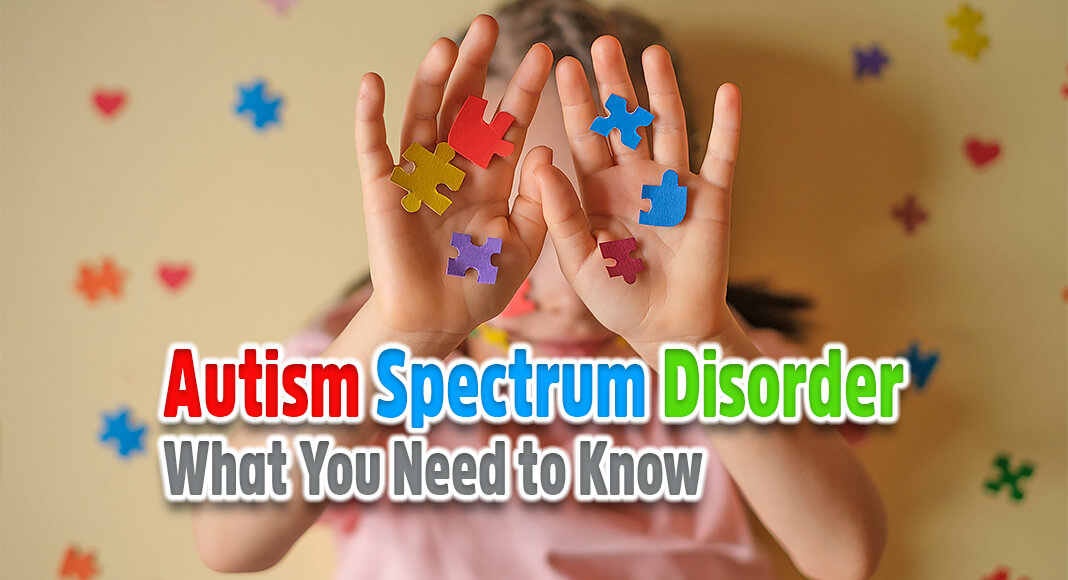
Mega Doctor News
Social communication and interaction skills
Social communication and interaction skills can be challenging for people with ASD.
Examples of social communication and social interaction characteristics related to ASD can include:
- Avoids or does not keep eye contact
- Does not respond to name by 9 months of age
- Does not show facial expressions such as happy, sad, angry, and surprised by 9 months of age
- Does not play simple interactive games like pat-a-cake by 12 months of age
- Uses few or no gestures by 12 months of age (for example, does not wave goodbye)
- Does not share interests with others by 15 months of age (for example, shows you an object that they like)
- Does not point to show you something interesting by 18 months of age
- Does not notice when others are hurt or upset by 24 months (2 years) of age
- Does not notice other children and join them in play by 36 months (3 years) of age
- Does not pretend to be something else, like a teacher or superhero, during play by 48 months (4 years) of age
- Does not sing, dance, or act for you by 60 months (5 years) of age
Keep Reading: Screening for Autism Spectrum Disorder
Restricted or repetitive behaviors or interests
People with ASD have behaviors or interests that can seem unusual. These behaviors or interests set ASD apart from conditions defined by problems with social communication and interaction only.
Examples of restricted or repetitive behaviors and interests related to ASD can include:
- Lines up toys or other objects and gets upset when order is changed
- Repeats words or phrases over and over (called echolalia)
- Plays with toys the same way every time
- Is focused on parts of objects (for example, wheels)
- Gets upset by minor changes
- Has obsessive interests
- Must follow certain routines
- Flaps hands, rocks body, or spins self in circles
- Has unusual reactions to the way things sound, smell, taste, look, or feel
Other characteristics
Most people with ASD have other related characteristics. These might include
- Delayed language skills
- Delayed movement skills
- Delayed cognitive or learning skills
- Hyperactive, impulsive, and/or inattentive behavior
- Epilepsy or seizure disorder
- Unusual eating and sleeping habits
- Gastrointestinal issues (for example, constipation)
- Unusual mood or emotional reactions
- Anxiety, stress, or excessive worry
- Lack of fear or more fear than expected
It is important to note that children with ASD may not have all or any of the behaviors listed as examples here.
Information source: CDC









